Announcing LogDNA Agent 3.2 GA: Take Control of Your Logs
LogDNA is now Mezmo but the product you know and live is here to stay.

The Mezmo, formerly known as LogDNA, Agent is a powerful way for developers and SREs to aggregate logs from their many applications and services into an easy-to-use web interface. With only 3 kubectl commands, the installation process is quick and simple to complete for any number of connected systems.
To help control the logs that are stored and surfaced in the Mezmo web interface, users can set Exclusion Rules, which enables the exclusion of certain queries, hosts, and tags directly from the UI. However, these exclusion rules are only applied after ingestion, which means that customers still pay for egress costs for unneeded log data. Furthermore, logs containing PII (Personally Identifiable Information) could also be leaving their system of origin.
Introducing Mezmo Agent 3.2 GA
Today, we’re happy to announce a new form of exclusion rules with the general availability of the Mezmo Agent 3.2. This release introduces the configuration of log inclusion/exclusion rules, along with log redaction, using regex patterns. These enhancements give developers more control over what data leaves their system, and what data is ingested by Mezmo.
With log inclusion/exclusion via regex, logs with certain patterns will either always be sent or never be sent. This means that you can guarantee that `error` type logs are always sent or that `200` response code logs can always be ignored.
With redaction via regex, the parts of the log line matching the regex pattern will be replaced with `[REDACTED]` allowing engineering organizations peace of mind that hyper-sensitive PII do not leave their systems while still ensuring the rest of the log data can be sent and used for debugging and analysis. We’ve included a regex template guide with patterns for the most widely used PII.
Getting Started
To get started, follow our documentation to learn about the new configuration capabilities and more. If you have any questions or feedback, I’d be happy to hear from you at albert.feng@logdna.com.

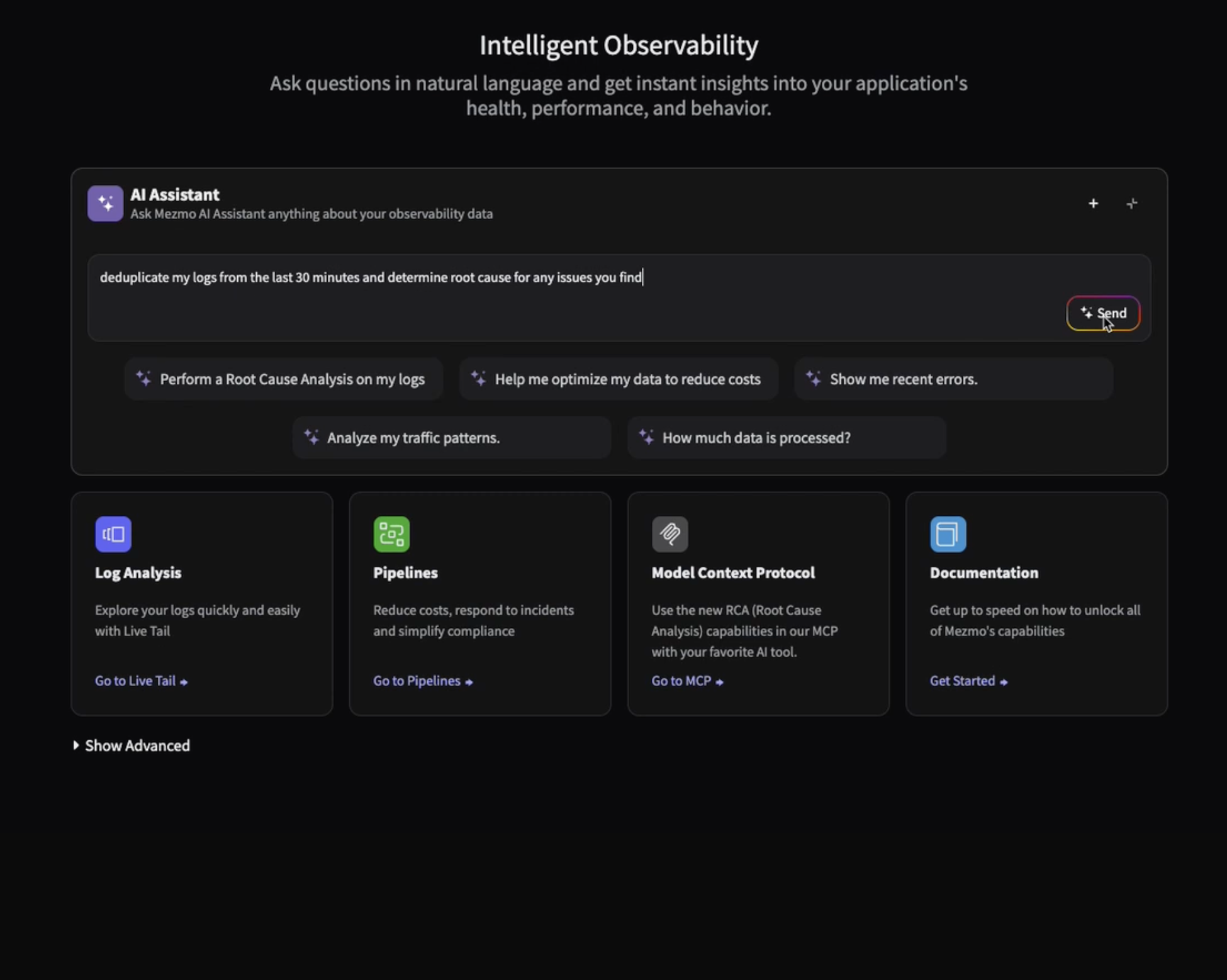
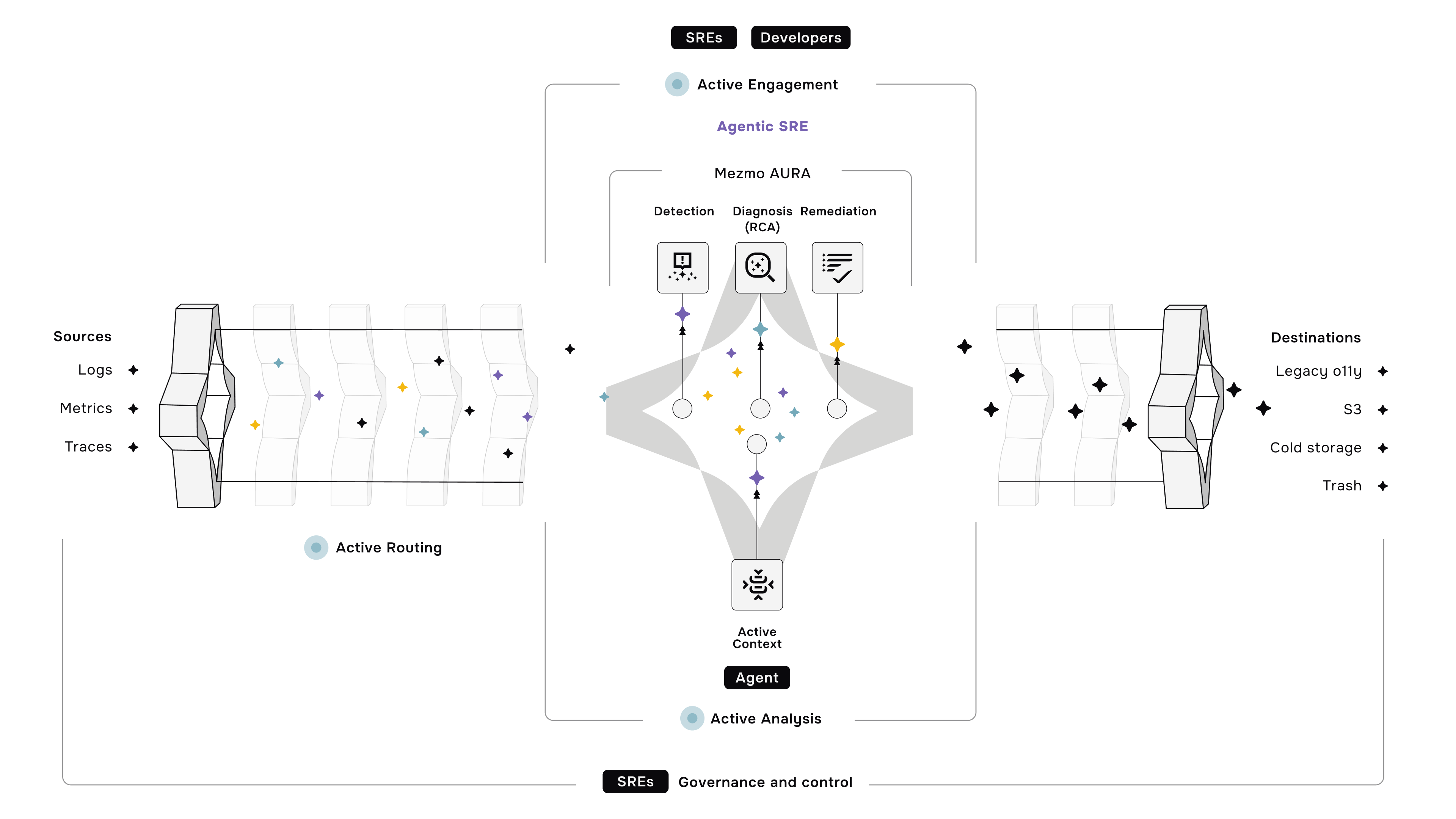

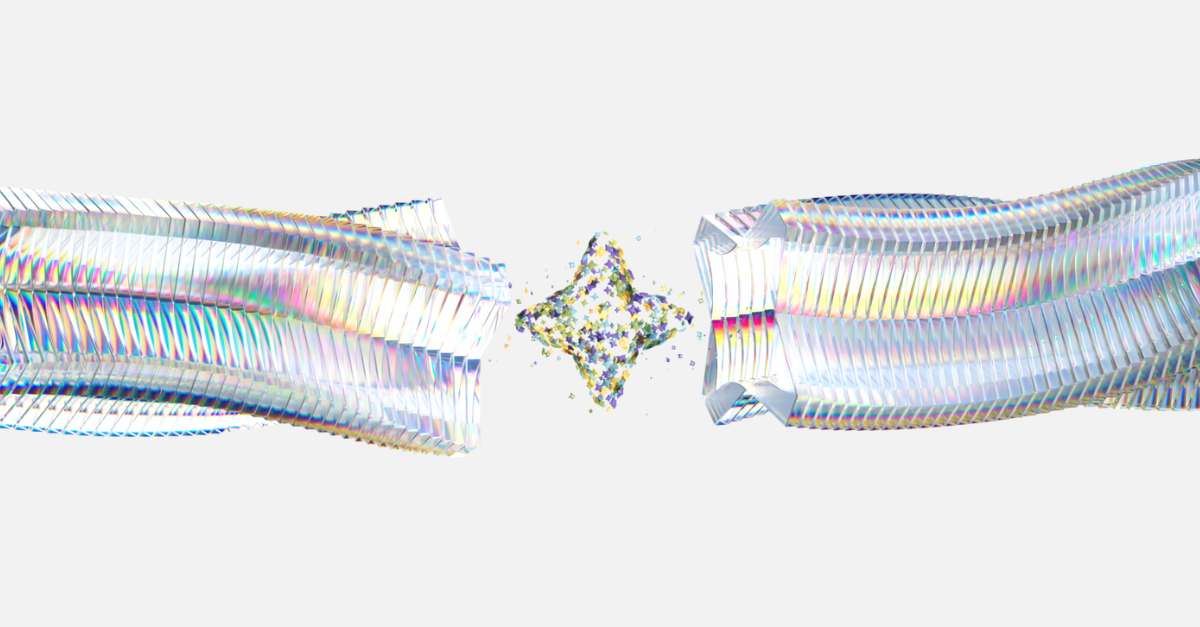




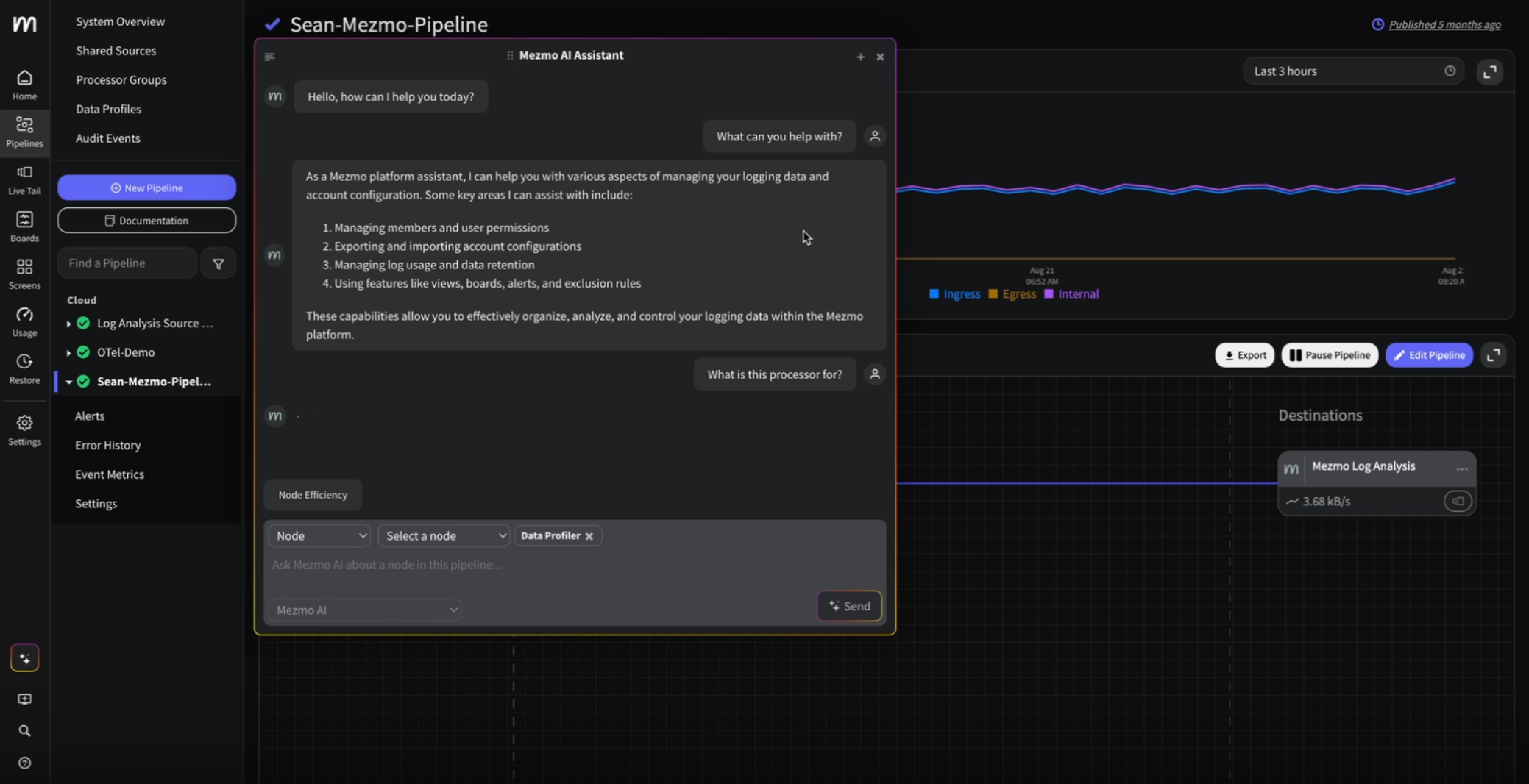
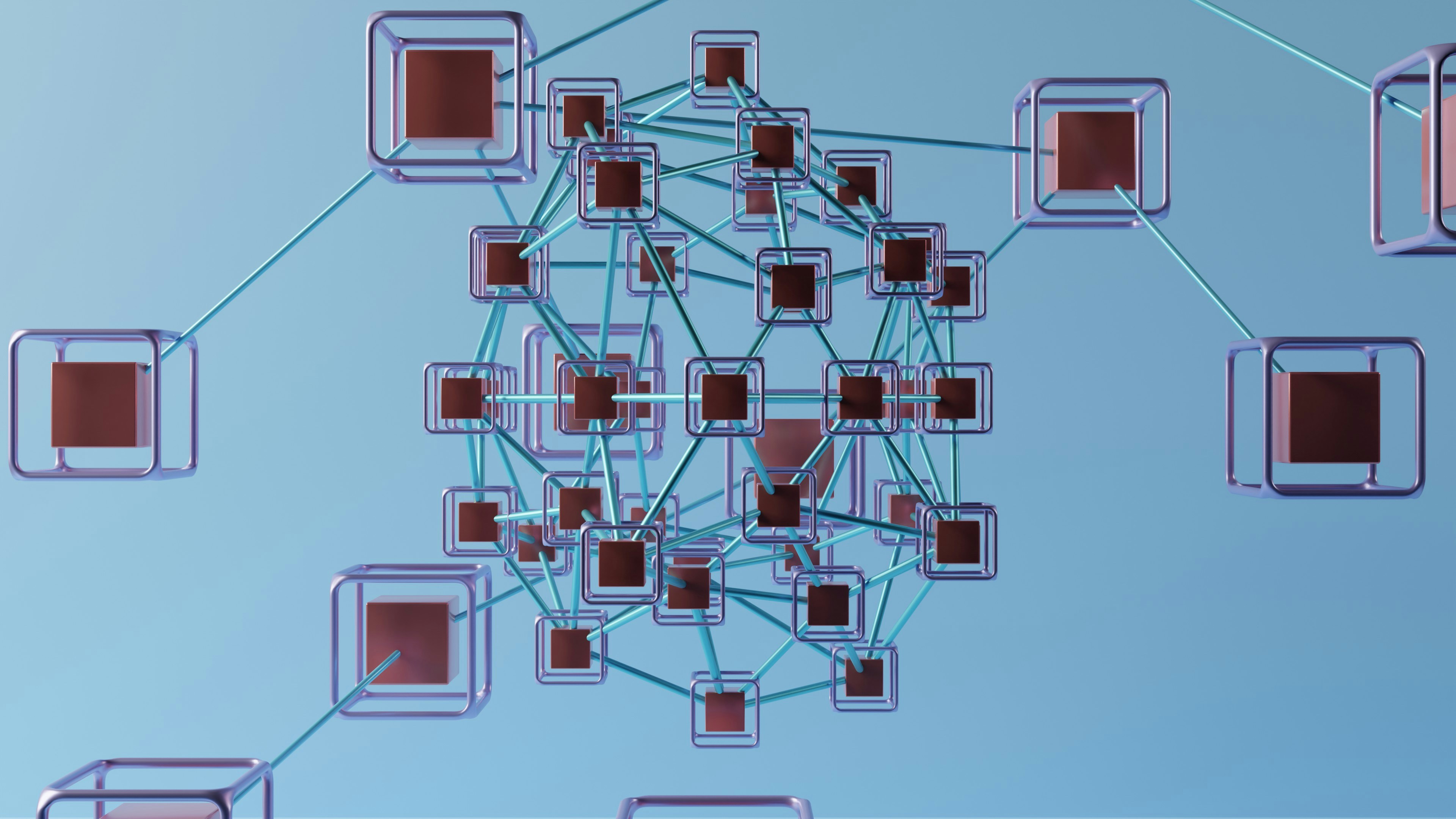

.png)





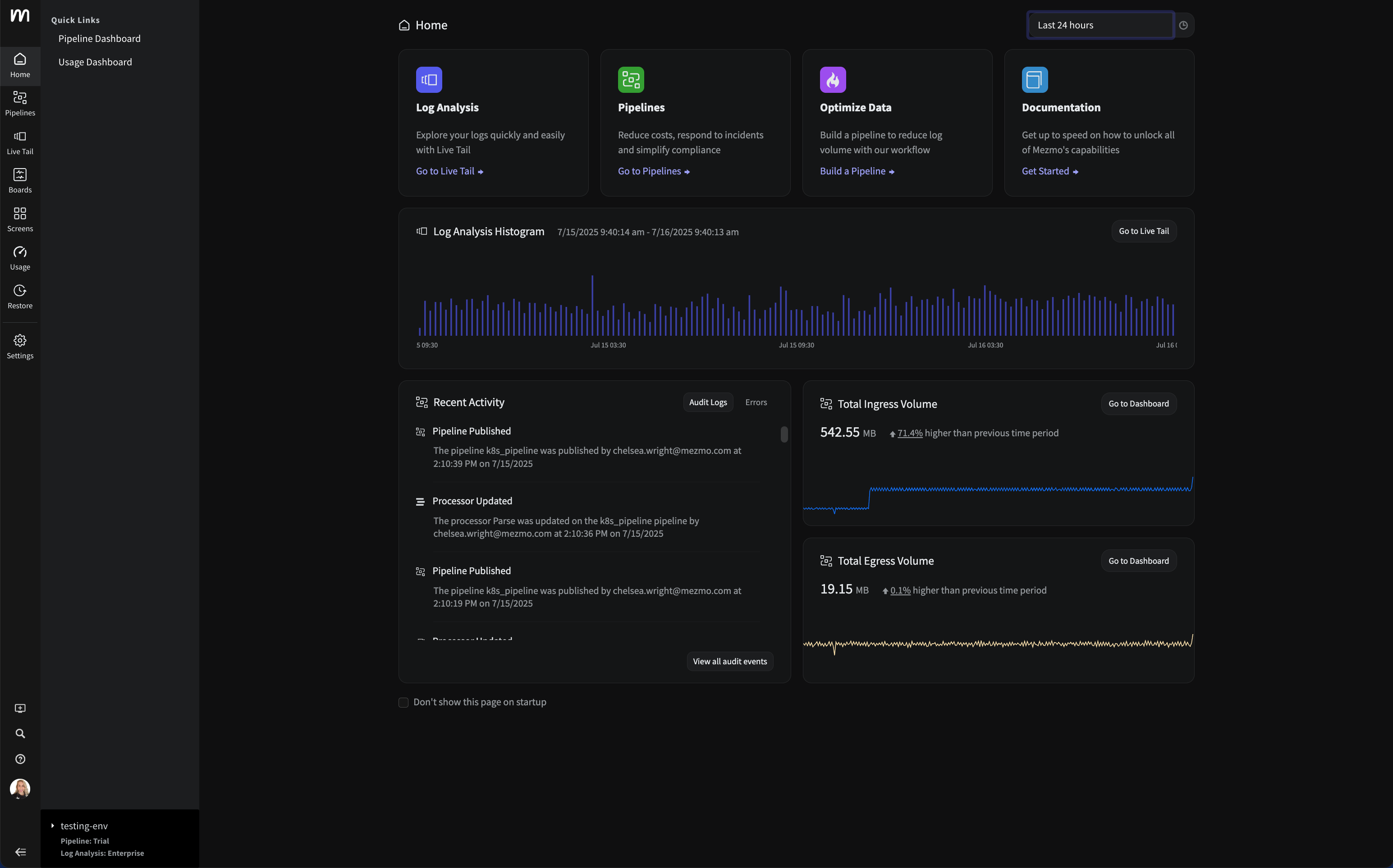


















.png)



































































